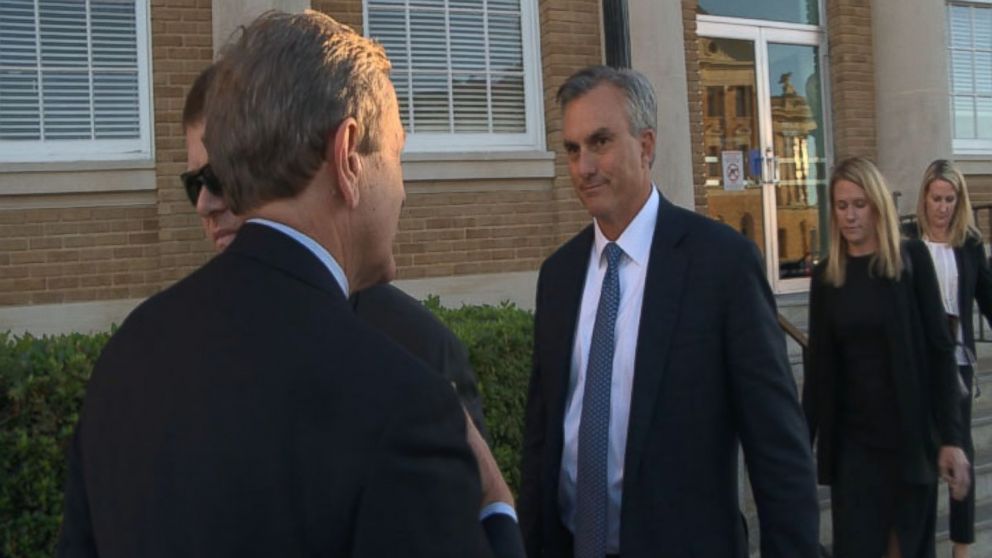Guardrail Co. President: We Didn’t Tell States About Design Changes
Plaintiff claims undisclosed changes in 2005 linked to severed limbs, death.

— -- Under withering questioning, the president of a leading guardrail company said today that his company did not tell a single state that used its product about design changes when they were made back in 2005 and in one case directly misinformed a state about it. The changes, the plaintiff in an ongoing trial claims, made the safety devices more dangerous for motorists across the country.
Trinity Highway Products President Gregory Mitchell took the stand today to defend his and his parent company, Trinity Industries, against allegations that Trinity defrauded the U.S. government by selling states a different guardrail product than the one that was approved for use back in 2000.
Trinity has acknowledged that paperwork that would have identified the design change that reduced the width of a piece of metal from five inches to four in 2005 was “inadvertently omitted” from documents the company submitted to the Federal Highway Administration at the time.
Today Mitchell said that the company didn't notify any states about the change either, and in a letter to Vermont officials in 2006, said the design was "identical" to the approved version -- a statement that he now says was false. In a letter to Florida officials around the same time, Trinity said the guardrail system had gone through no major design changes. Mitchell said that at the time the company didn't believe the changes to be major.
When asked by the plaintiff's attorney George Carpinello if the claim the company made to Florida was also “false,” Mitchell said, “It’s not accurate.”
“We had told no states about the modification in 2005 to my knowledge,” Mitchell said.
But Mitchell said he stands by the company’s claim that any design changes made to the ET-Plus system were made to make the product better. Trinity has said it has a “high degree of confidence in the performance and integrity of the ET-Plus system” and the company noted that the Federal Highway Administration has repeatedly accepted the ET-Plus system for eligibility on the nation’s highways.
Mitchell said Trinity took an “all hands on deck” approach when they learned of concerns about their product, though he said, “We did not review any accident reports” in which the guardrails allegedly failed.
Mitchell testified the same day ABC News reported that the Virginia Department of Transportation had ordered its area engineers to stop installing the ET-Plus system for now -- the fourth state to take such a measure in recent months behind Massachusetts, Missouri and Nevada.
Mitchell said today the states’ stances were all “based on an administrative error,” presumably referring to the omitted paperwork back in 2005.
The trial, which began Monday, involves a lawsuit against Trinity brought by Joshua Harman, a competitor of Trinity’s, who says the company defrauded the federal government to the tune of an estimated $175 million for not telling it about the 2005 changes. The federal government reimburses states for certain highway spending and in connection with that program approves guardrails, which are available for reimbursement.
The lawsuit alleges that the company defrauded the government because it reimbursed states for a product that was different from the one originally approved by the federal government for use on the nation's highways. The federal government declined to join in the lawsuit.




